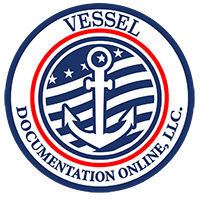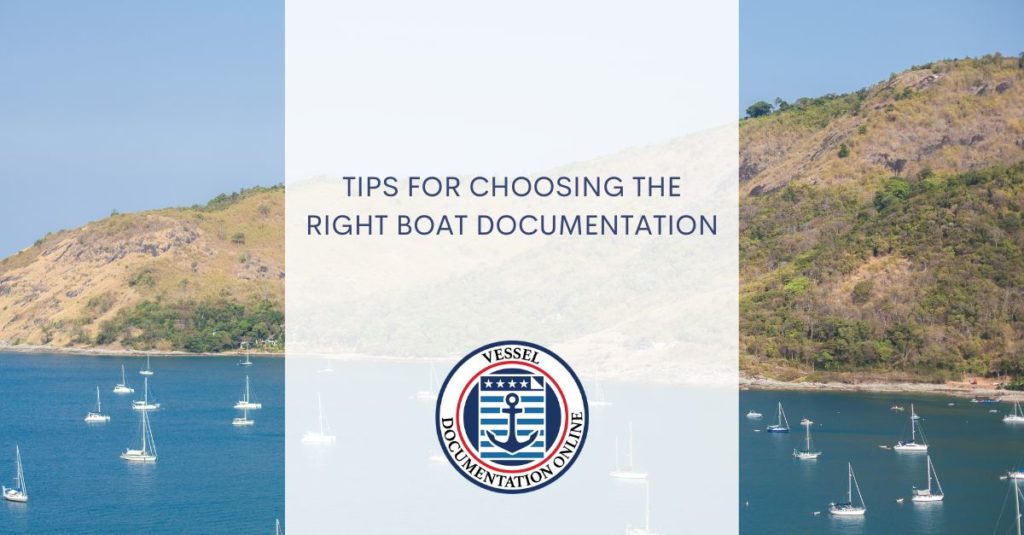Whether you are purchasing a boat for the first time or want to update your paperwork, you must understand the many forms of boat documentation and what each means for you. In this piece, we will discuss the many forms of boat paperwork and advise how to choose the most applicable documentation for your vessel. If you’re anything like most people who own boats, you probably take a lot of care in your vessel and want to check that everything is in working condition before you go out on the open sea.
Documentation of the boat is an essential aspect of boat ownership that should not be overlooked. There may be particular criteria for registration and paperwork in place. Still, these may vary according to the state where you are located and the vessel you operate. The following are some guidelines to assist you in selecting the appropriate boat documentation:
Familiarize Yourself with the Requirements of Your State and Jurisdiction
When registering a yacht, owners should check both state and federal regulations for paperwork needs. All boats in the United States must be registered with the appropriate state authorities under regulations set out by the Coast Guard. A boat’s owner or operator may be determined in the event of an incident, and the vessel’s insurance and registration status can be verified. The United States Coast Guard has a web page with details on the process, including a list of all the criteria from each state (such as the fact that you may need to notify them of your move).
However, boat registration laws vary from state to state. Because they don’t give registration numbers for boats built after a specific year, some states need evidence of insurance. In contrast, others want proof of a valid registration number from another state. How long a boat may be unregistered before a fine varies by state. Please do your homework on the laws of your state before registering your boat and taking it out on the water to avoid having to shell out cash for penalties.
Make Sure Your Vessel Is Registered and Documented With Us The U.S. Vessel Documentation Center
The significance of registering your watercraft with the federal government is easy to grasp. Doing so guarantees that your yacht abides by all federal standards. However, what if you find that you need something more? If proof is required, what steps should be taken? Any ship crossing international borders may require boat documentation to operate in the new jurisdiction legally. You’ll need to submit an application to the United States Vessel Documentation Center to have your boat documented.
The U.S. Vessel Documentation Center’s mission is to check the documentation of all ships that want to enter U.S. ports or navigate U.S. waters. Compliance with vessel documentation regulations is primarily the responsibility of the United States Coast Guard; nevertheless, the U.S. Vessel Documentation Center plays an essential part in this process.
Ensure That All Information on Your Boat Documentation is Up-To-Date
Among the numerous considerations when picking the correct boat paperwork is ensuring all your details are as current as possible. Your signature may seem like it doesn’t need to be altered if the only thing that’s changed is your name, but if you’ve just been married or changed employment, you’ll want to make sure it’s updated so that any official papers can be provided to you in a timely way. If you rely on written evidence, everything it contains must be accurate.
Read through your boat documentation again and ask whether everything is accurate; if you have any doubts or if anything has to be changed or removed, get in touch with the right people and ensure it gets done as quickly as possible. In conditional sales agreements, which are legal in certain jurisdictions but not others, the buyer agrees to take the boat “as is” with no assurances as to its condition. Obtaining an outside survey to back the claims made in the conditional statement is strongly advised.
Understand What Level of Liability Coverage is Included in Your Policy
Think about what kind of legal protections you need for your boat while making your boat documentation decisions. Do you, for instance, already have medical coverage? If that’s the case, you don’t need as much protection from medical bills and accidents. Or you may want more security in a storm or other natural calamity. If so, check into insurance that reimburses you for ALE.
Free tow service and roadside assistance are two insurance enhancements you should consider. Because it is included in your insurance, you won’t have to worry about spending money to have someone fix your boat if it goes down. If your boat breaks down on the road, roadside assistance will pay for the towing and repairs so you can get back on your way. Please don’t be shy about looking at it; many choices should work for you.
If you’re planning to buy a boat, you’ll need to know the documentation available for your vessel. Your best bet is to contact the U.S. Vessel Documentation Center through the online chat service today for assistance.





